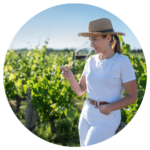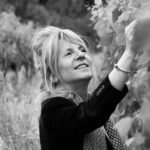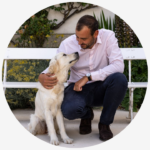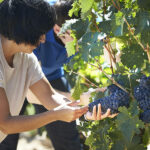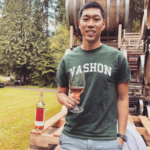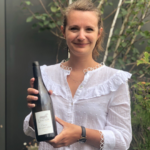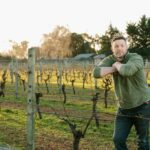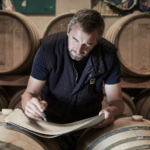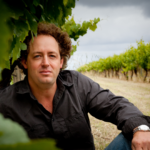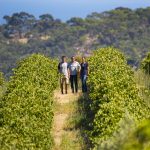Recent Offers
In Conversation With… Château de Lascaux
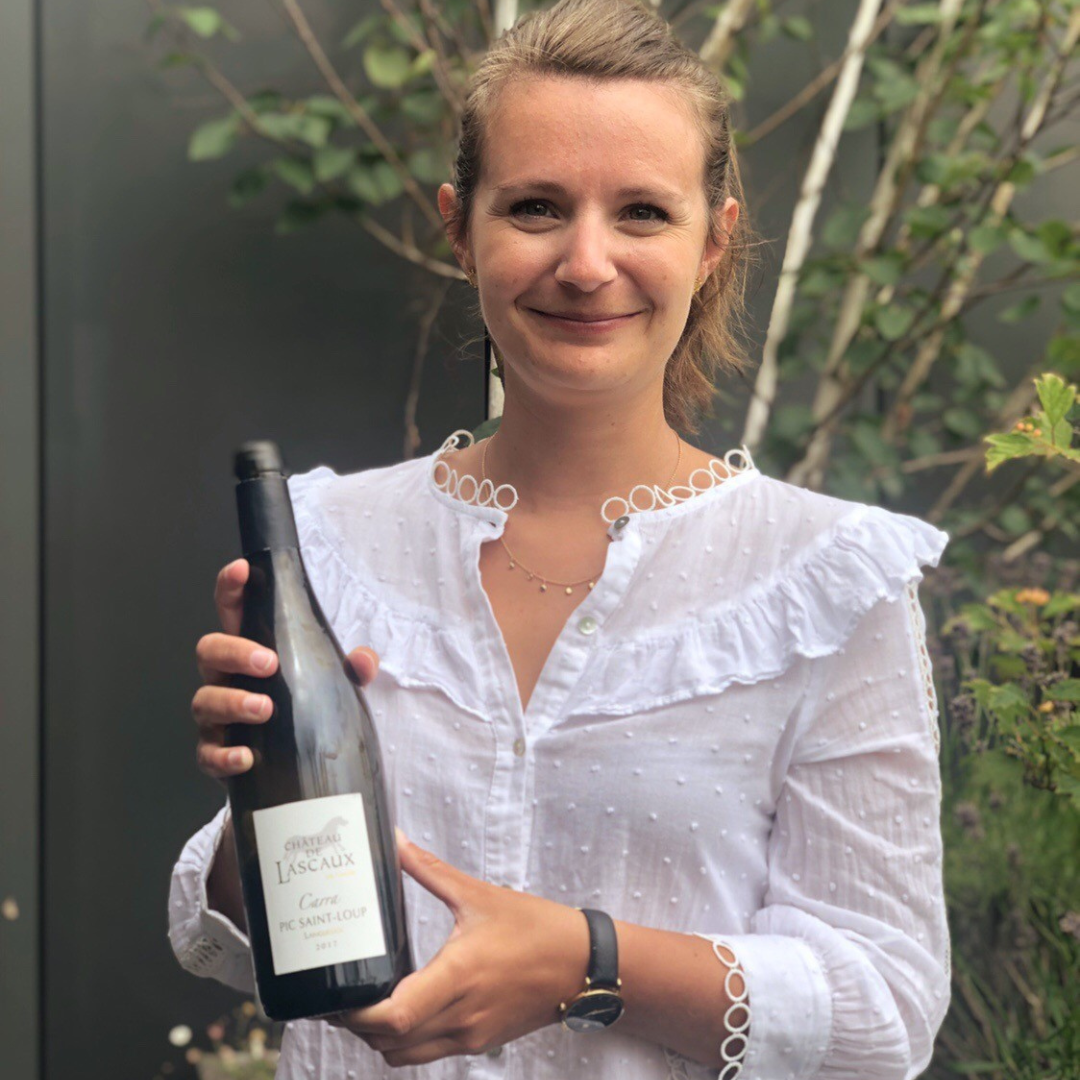
In Conversation with Marie Cavalier of Château de Lascaux
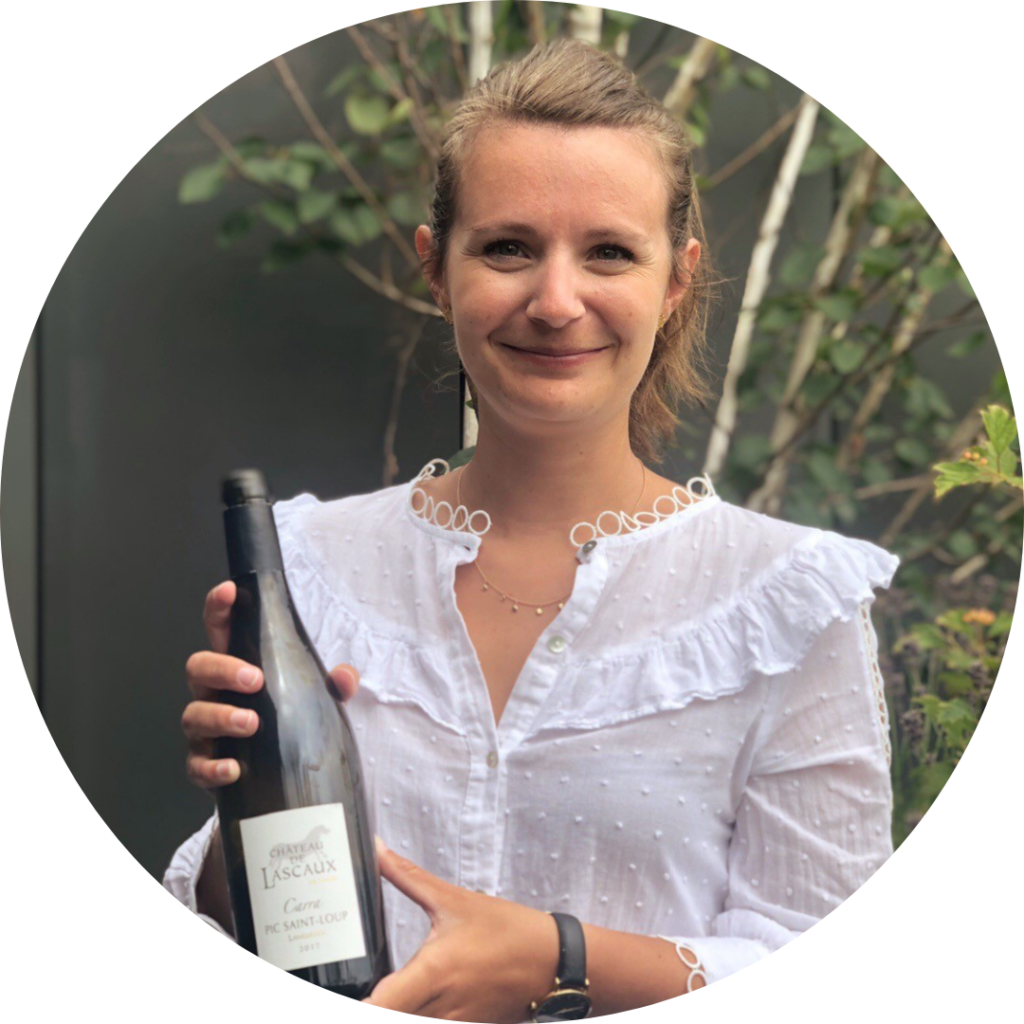
The vineyards of Château de Lascaux in Languedoc-Roussillon have been in the same family for fifteen generations, but it is current owner Jean-Benoît Cavalier who officially established the Domaine when he took on the property in 1984. He consolidated and took over some new vineyards, taking the estate from 25 to 85 hectares, and restructured the ancient cellars. Jean-Benoît’s daughter Marie Cavalier is very much part of the family business, and we were delighted to hear her wine journey and stories of growing up on the domaine.
Lascaux is surrounded by three-hundred hectares of forest, filled with green oaks, pines, and garrigue. The quiet isolation of this part of the region, coupled with its proximity to both the sea and the mountains, makes for a very unique microclimate. The stony soils lend elegance and freshness to the wines, and the garrigue – with notes of laurel, thyme and rosemary – is reflected in the aromatics of the wines.
Jean-Benoît is passionate about supporting the richness and diversity of this ecosystem, so the domaine’s conversion to organic viticulture was a logical choice. They gained their organic certification in 2009 and their biodynamic conversion was approved in 2018. The Château de Lascaux wines are generous, friendly wines of superb quality and excellent value for their price category.
The winery has been in your family for several generations. What are your fondest memories of growing up amongst the vineyards?
Did you explore other opportunities as well or did you feel that you were destined to work in wine, given your family history with the vines?
How would you describe your winemaking approach and the style of your wines?
Can you share with us the decision-making process to become organic in 2009 and then biodynamic in 2018?
How has farming organically influenced your relationship with your natural surroundings?
We have realised how important it is to understand and work alongside nature. Organic and biodynamic practices have translated into stronger awareness of our natural surroundings, and have taught us the importance of biodiversity in the vineyard. One of the most important natural elements in the vineyard too, is the garrigue, of which ours comprises Mediterranean forest with green oak trees, and rosemary and thyme bushes, as well as many native critters!
What makes your land different from that of your neighbours and how does this impact the wine?
We have a lot of passing farm life on our land with lots of cows and sheep, and we allow the grass to grow between the rows of vines which keeps the microbial life very active! It is this which helps improve water retention in the soil and develops root systems, helping vines withstand harsh climatic conditions. The overall influence this has on our wines reflects the faithfulness to the terroir.
What have been the biggest challenges and successes in recent vintages?
The biggest challenge has been adapting our way of working due to climate change and more extreme conditions. It impacts everything from the grapes to our work schedule, so we are continuously learning and evolving.
How is the 2022 vintage shaping up?
We have actually just started our harvest and are going into a solar vintage, which means hot and dry summers with cooler nights, followed by regenerative rains at the end of August.
When you are not drinking your own wines, what else do you enjoy?
I love tasting wines from all over the wine producing world, but I have a specific weakness for Southern Rhone Valley wines, which I enjoy with our Sunday family lunches!

